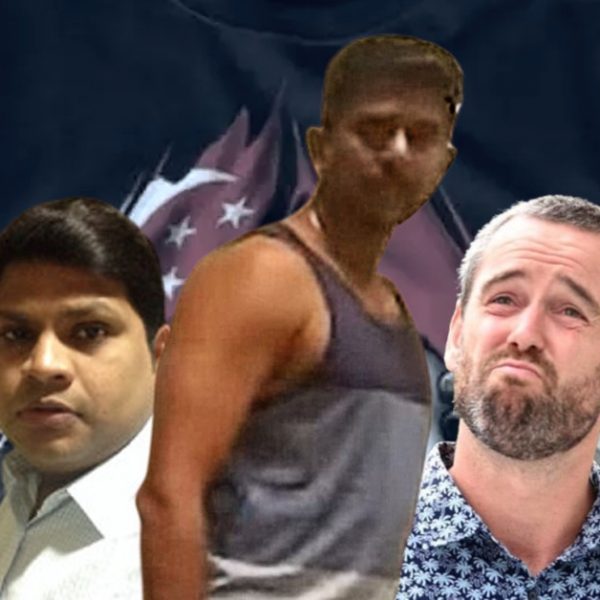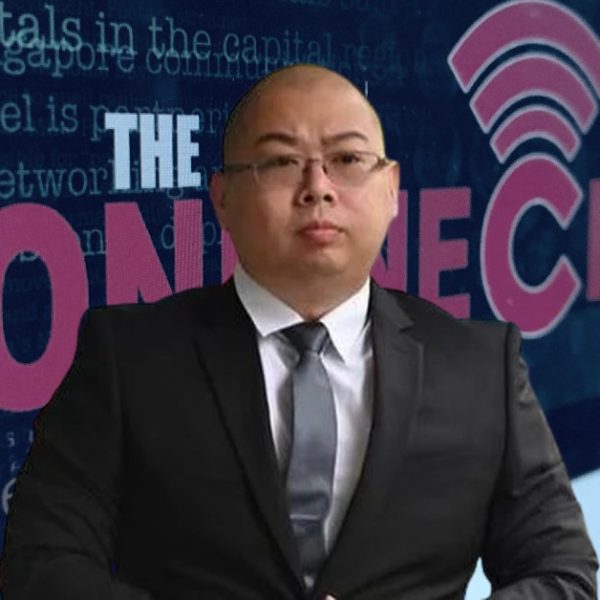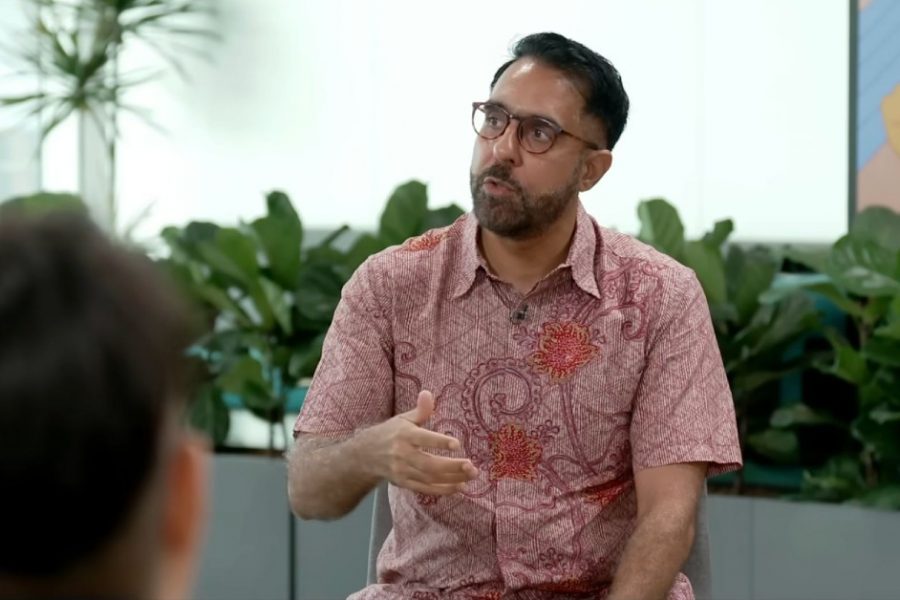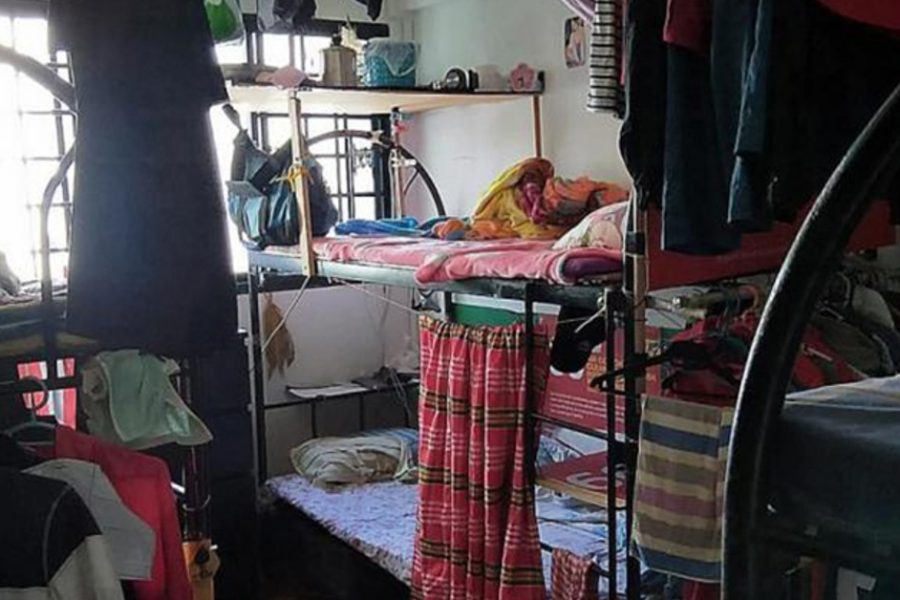“Sinkie pwn Sinkie” is a very real summary of our crab mentality as an entire society.
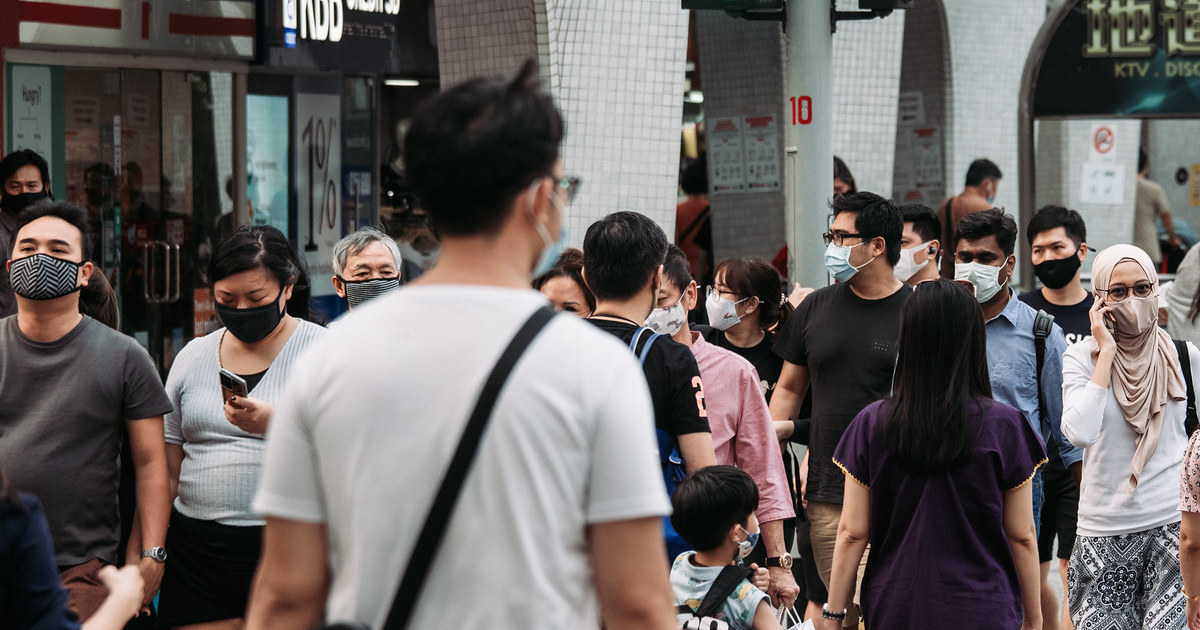
Singapore Is a Country Which Does Not Give Chances to Its Own People
Earlier this month, the government announced its concrete plans initially laid out in PM Lee Hsien Loong’s National Day Rally 2022 speech about the revamping of Singapore’s foreign worker/talent visa policies in response to what was described as “a hypercompetitive battle for global talent”.
Foreign talent policies: back to pre-covid business?
In an effort to stay competitive as a global destination for talented workers and business figures, Singapore will revamp its visa system for white-collar foreign worker/talent candidates under its new points-based “Compass” system (itself heavily influenced and modelled after similar visa systems in countries like the UK and Canada).
Part of this revamp also includes the introduction of a “ONE” (Overseas Network and Expertise) pass, valid for five years to foreign talents earning at least SGD$30,000 a month. This five-year pass is a marked upgrade for high-earning foreign workers in Singapore who are currently on S-passes which only last for two years, although an S-pass only requires a lower salary threshold of SGD$3000 a month.
According to Minister of Manpower Tan See Leng, the new ONE pass (which also offers employment in other local jobs of all salaries to passholders’ dependents and spouses) is Singapore’s bid to attract “rainmaker” foreign talents to the country and provide what is described as “a diverse range of opportunities for Singaporeans” to upgrade the skillsets of the country’s domestic workforce, gain global and regional exposure, and take up future well-paying leadership positions in global companies both abroad or based in Singapore.
A deeply insecure and depressed workforce?
In a separate but linked piece of news to Singapore’s domestic workforce and society, a new region-wide study has identified our workforce as having the worst mental health across Southeast Asia, with local employees surveyed claiming the lowest levels of engagement, job satisfaction, and overall quality of life.
Conducted by Southeast Asian consumer research company, Milieu Insight, in collaboration with Intellect, this “Hustle Culture” study surveyed 3,000 employees across Singapore, Indonesia and the Philippines, and discovered only 57% of Singaporeans rated their mental health to be “good”, “very good” or “excellent”, compared to 68% in Indonesia and 78% in the Philippines (both countries deemed to be inferior to Singapore in terms of material prosperity).
Disturbingly, some 30% of Singaporeans between 16-24 years old (compared to 20% in the Philippines and 11% in Indonesia) are motivated by the fear of “not being able to do as well as my peers”, and Singaporean workers by and large report lower levels of job satisfaction and engagement despite spending the same or more time at work compared to their foreign counterparts.
Joseph Schooling: adding salt to injury?
Finally, in a continuation of his weed consumption saga, Joseph Schooling has had his latest Hanoi SEA Games performance prize money withheld by the Singapore National Olympic Council (SNOC) as a direct result of his civilian law enforcement warning and military law-imposed penalties robbing him of training and competition time exemptions from his ongoing National Service tenure.
Schooling was also excluded from attending the SNOC Major Games Award Programme (MAP) awards presentation and Team Singapore appreciation dinner, despite winning two golds and one bronze in Hanoi.
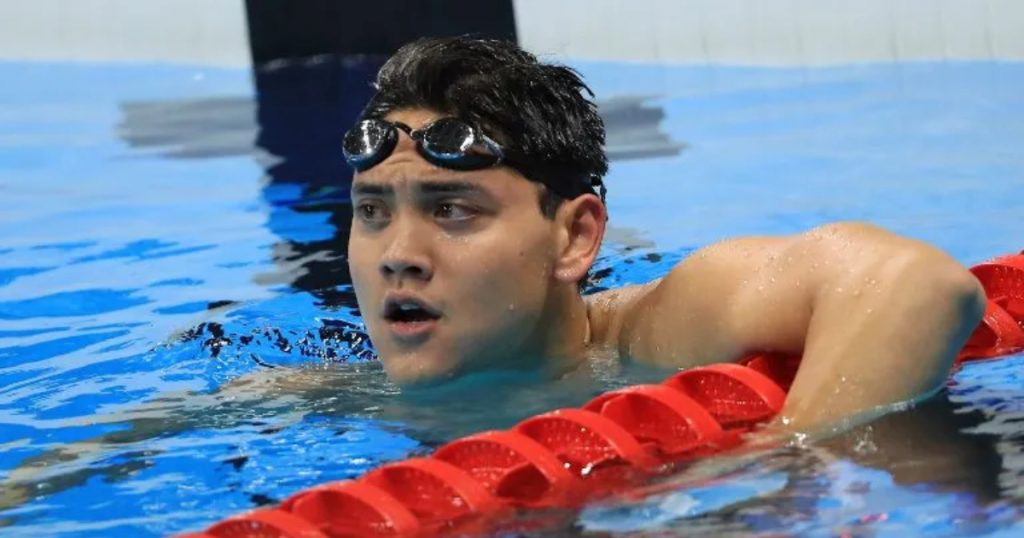
What do all three seemingly disconnected news have in common, or demonstrate about Singaporean society and its leaders?
Singapore is a country which does not give second chances, nor indeed first chances to its own people.
Why is this the case?
“Sinkie pwn Sinkie” – A hypercompetitive society
Singaporean society’s concerns about added competition and pressure from foreign worker/talent influxes on its own domestic workforce’s career security and livelihoods are not new.
Back in 2004 when PM Lee kickstarted the open-door policy towards importing foreign workers and white-collar talents in particular, the justification was given that Singapore needed to import foreign talents to both stay competitive globally as well as help build up its own domestic workforce’s competencies.
Yet some 18 years on, we still have our central bank chief claiming that in a critical strategic industry such as finance, Singapore still does not have enough high skilled local Singaporeans to fulfil the finance industry’s fast and ever-expanding need of specialists.
What went wrong? Why is it that after 18 years, Singapore still can’t seem to build up its own workforce to be truly competitive globally, in demand locally by foreign businesses setting up shop here, and holding more senior well-paying jobs? It should be patently clear to all that the idea of importing foreign talents to build up Singapore’s domestic workforce through skillset transfers has never, and will never work.
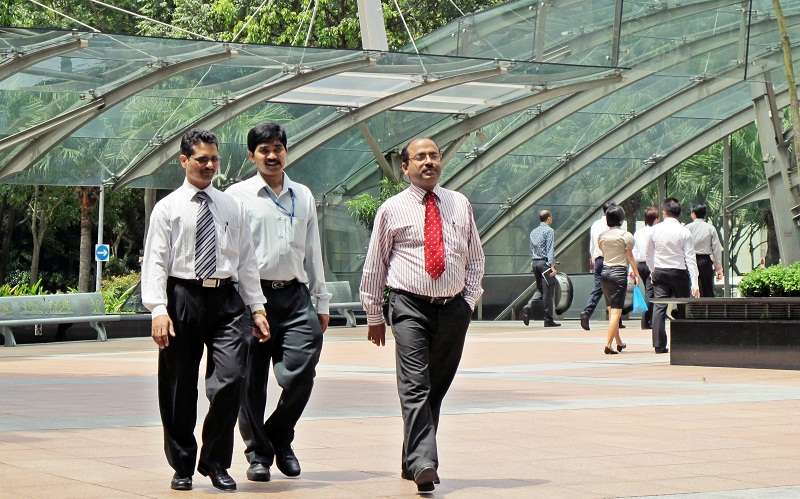
Despite official claims that there were over 3,000 Singapore citizens in the financial sector last year in senior roles (80% higher than those in 2016), more than 50% of the financial/banking industry in Singapore is still staffed by foreigners, with top management still remaining foreigner-heavy to the point that government ministers had to come out and openly call for recalibration towards a more equal balance of foreign and local talents occupying such roles moving forward.
Furthermore, why do we expect foreign talents to come to Singapore, bring in global businesses and investments, build up local operations, and then willingly conduct skillset and technological transfers to local Singaporean talents to one day take over them, when our own Ministry of Manpower seems more hellbent on disparaging our local society’s education, skills and work experience through their “search for foreign rainmakers” to boost Singapore’s economic future?
The desire to fill and cater jobs worth SGD$30,000 a month or more immediately to foreigners by virtue of the ONE pass (alongside shortened job advertisement requirements in local job portals) is a sad reflection of how incapable the government sees local talents and graduates, that it would sooner turn to foreigners to fill such jobs rather than seek out and organically develop local talents to do them instead.
How can it be that Singapore’s education environment with two universities ranked amongst the top 20 globally failed to produce such high-earning“rainmakers” that the government so badly desires?
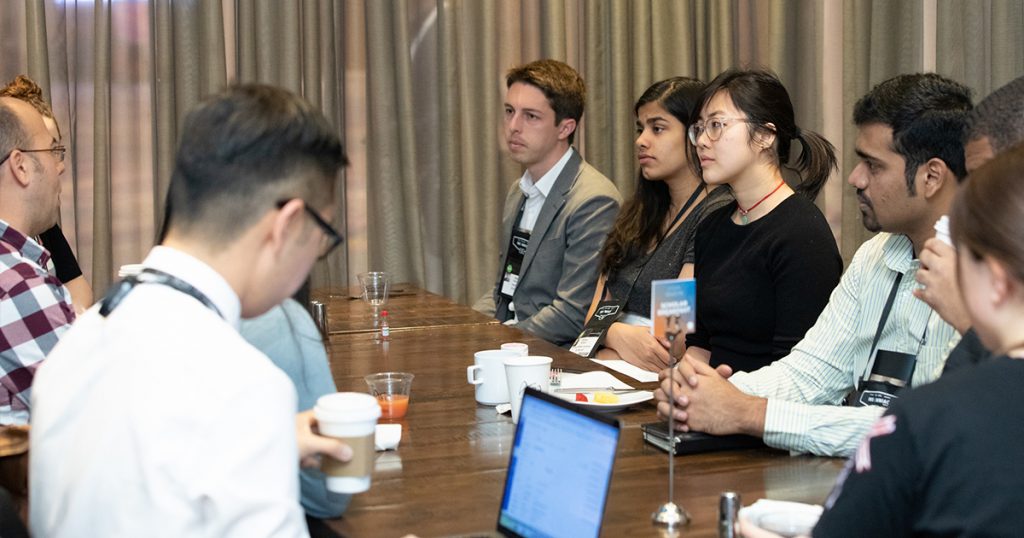
For that matter, we Singaporeans have only ourselves to blame too for making it an easy task for the government and foreign business leaders to supplant and suppress locals from climbing up the corporate ranks.
Ours is a hypercompetitive society where the twin values of conformism and zero-sum mentality is heavily cultivated in all stages of our education system. When you have a third of young Singaporeans between 16-24 years old say that their main motivation at work is falling behind their peers, what does it say about the solidarity of our society to help each other improve, pass on successive corporate knowledge and know-how through generational mentorships from older Singaporean workers, and secure a Singaporean Core in our economy?
“Sinkie pwn Sinkie” (sic) is a very real summary of our crab mentality as an entire society, in stark contrast to anecdotal accounts we often hear of how foreign nationalities immediately form cliques once they are in a company’s upper management and human resources department, so as to better advance the careers of their compatriots following in their footsteps to come to Singapore and make a living for themselves at the cost of locking out local workers who are equally, if not better qualified.
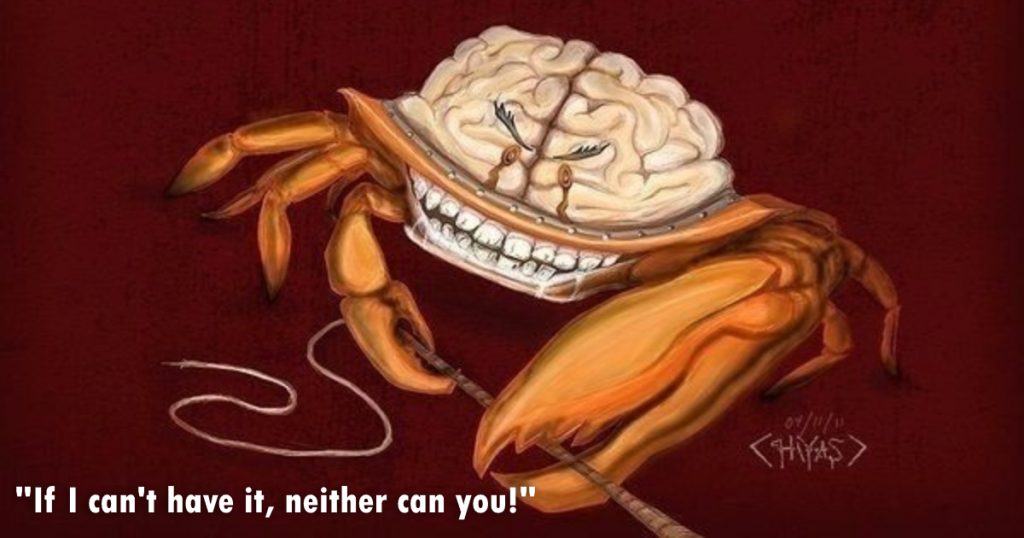
And this brings me to the latest punitive whammy against Joseph Schooling for his self-confessed drug consumption overseas: the withholding of his performance prize money by SNOC due to his confession of consuming weed during the latest Hanoi SEA Games earlier this year.
Much has already been said about Schooling’s treatment under the harsh media scrutiny as well as military law-imposed punishment, in spite of the utter non-prosecutable nature of his self-admitted “crime” under civilian law in the past. SNOC’s latest punitive act against Schooling is but a microcosm demonstration of how Singapore is not a country that gives second chances to anybody if it thinks it has a pulpit of puritan exceptionalist principle to stand on (such as being anti-drugs).
Like Singapore wanting to reap economic rewards from importing foreign talents over cultivating and raising its own skilled workers up, SNOC is happy to reap the glory of Schooling’s international swimming medals to boost Singapore’s international sporting medal count, but they could not care less about Schooling once he showed himself to be equally fallible as any of us ordinary mortals. If this is how Singapore treats its greatest Olympic-level sportsperson, imagine how it would treat a futurist technological visionary like Elon Musk (who infamously smoked weed live on a podcast show in the US)?
The “rainmakers” Singapore so badly wishes to seek out are unlikely to be the conformist, square, pliant personalities that much of Singaporean society has been indoctrinated to become through its education system. Their creativity is more likely than not going to be equally expressed in their personal achievements and talents, as well as their personal failings and flaws.
Ours is a society that does not give second chances to anybody who breaks the mould and fails, who crosses the boundaries and gets caught, or even first chances to its future generations from preceding ones in the workplace out of an atomised society with pervasive fears over individual job security and rising costs of living.
It should therefore be no surprise that as far back as 2008, a quarter of Singapore’s top A-level students who went abroad to study or work did not return.
Singapore is not a country which gives chances to its own, build up its future generations, or accept anybody that is seen to be a threat to the local norm, and ours is a society which feeds – with its crab mentality in toxic symbiotic nature – a government that reflects our worst pettiness, insecurities, and thirst for glories without commensurate efforts to earn them ourselves.
